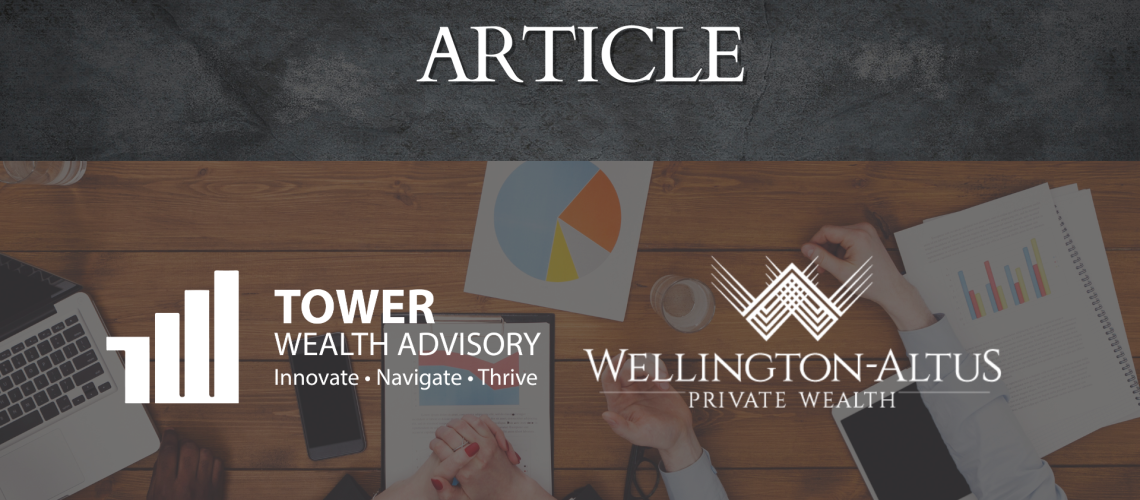As we begin another year, here are six investing resolutions, alongside words of wisdom, from some of the world’s greatest investors:
“Sometimes the tide is with us, and sometimes against. But we keep swimming either way.”
— Charlie Munger
1. Keep swimming. Warren Buffett’s former business partner, Charlie Munger, recently passed away at age 99 and is well remembered for his quick wit and thoughtful perspectives. He would often use a swimming analogy to remind investors that the investment journey also includes more challenging times: “I want to swim as well as I can against the tides. I’m not trying to predict the tides.” As advisors, we continue to be focused on managing portfolios to navigate the challenges that come with the changing times. As investors, don’t overlook the importance of staying invested to meet your future goals. Consider the consequences of trying to time the markets. Studies show that the best-performing days in the market can often occur in proximity to the worst days. Missing out on just a handful of these days can significantly erode an investor’s longer-term performance. Yet, despite these short-term fluctuations, over the longer term, equity.
“The best time to plant a tree was 20 years ago. The second-best time is now.”
— Proverb
2. Don’t overlook the value of time. When you combine a longer time horizon with the power of compounding investments, the likelihood of achieving investment success is weighted in your favour. Even average returns, when compounded over a long time period, can lead to notably superior results. Consider a one-time, lump-sum investment of $55,000 with a compounded annual rate of return of 5.5 percent. In 25 years, it would return around $209,000. However, over a span of 55 years, the return surpasses $1 million. Indeed, time can be a valuable ally. And, given increases to our life expectancy, the good news is that it’s often never too late to start.
“If the investor fears price volatility, erroneously viewing it as a measure of risk, he may, ironically, end up doing some very risky things.”
— Warren Buffett
3. Accept that market volatility is inevitable. After a volatile year in the financial markets, we shouldn’t forget that volatility is a permanent fixture in the financial markets. In fact, it is volatility that enables equities to generate some of the greatest returns of any asset class over the longer term. Without risk, there would be no returns. Markets are cyclical by nature: over time, there will be incredible up years, like those we experienced in 2021, but also challenging downturns. Volatility should be expected over time as a normal part of the investing journey.

“All these noises and jumping up and down along the way are really just emotions that confuse you.”
— John Bogle
4. Pay less attention to the noise. In our modern age of connectivity, it’s never been easier to access news and information through the internet and on social media via our smartphones. In good times, everyone can sound like an expert and we may fear missing out. In difficult times, the media can magnify economic misery and instill fear. At the end of the day, thoughtful analysis should drive decision making, not any peripheral noise.
“Do not save what is left after spending, but spend what is left after saving.”
— Warren Buffett
5. Save more. Saving is among the few elements of investing within our control, unlike factors such as stock market fluctuations, interest rate changes or the timing of economic downturns. Moreover, it is a fundamental pillar in the process of wealth accumulation. Building wealth is possible even with a modest income, yet it becomes improbable without a commitment to saving.
“Any sound long-range investment program requires patience and perseverance. Perhaps that is why so few investors follow any plan.”
— John Templeton
6. Rely on our support. As advisors, we are here to provide support at every stage of the investment journey to help you achieve your goals. This may include helping to instill discipline through saving or investing, or supporting your total wealth management through retirement planning, tax planning, estate planning and other support. Studies continue to show that advised clients have greater assets — the latest studies suggest over 2.3 times the assets of non-advised investors after 15 years — and demonstrate increased discipline, particularly through volatile market times.1 Have confidence in your plan, and continue looking forward.


